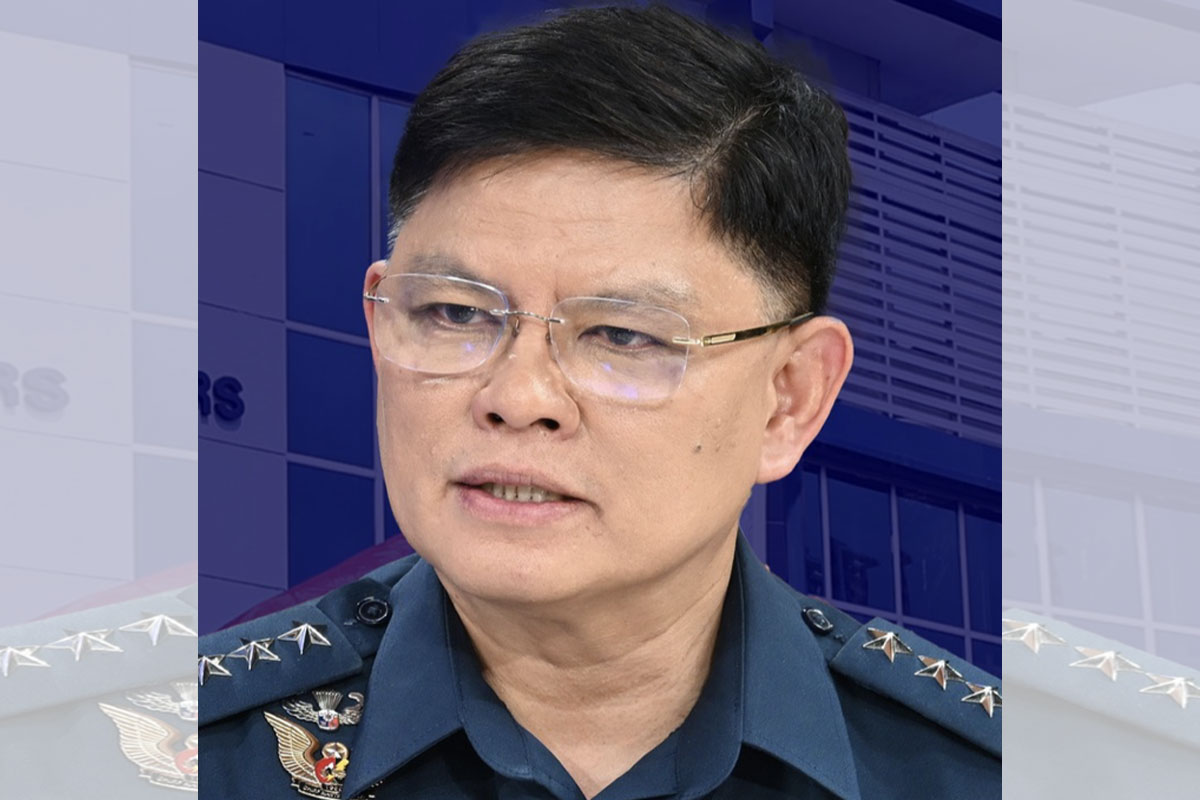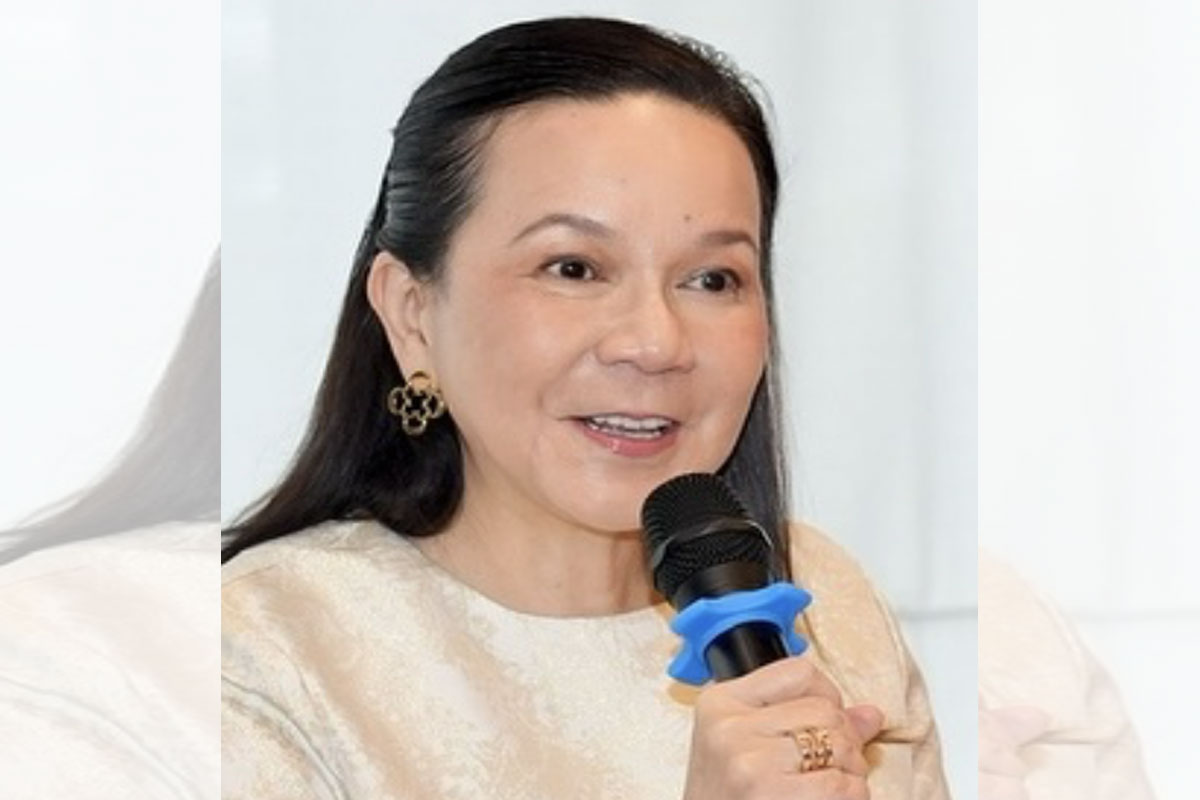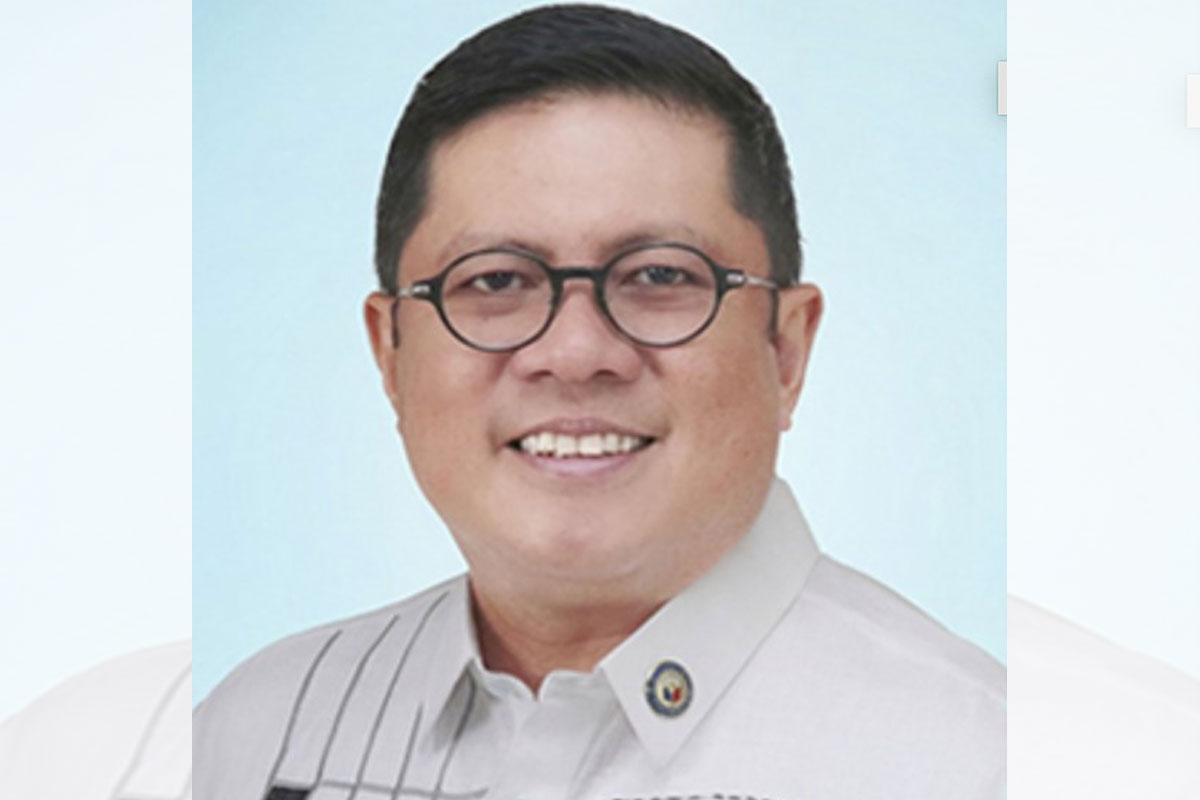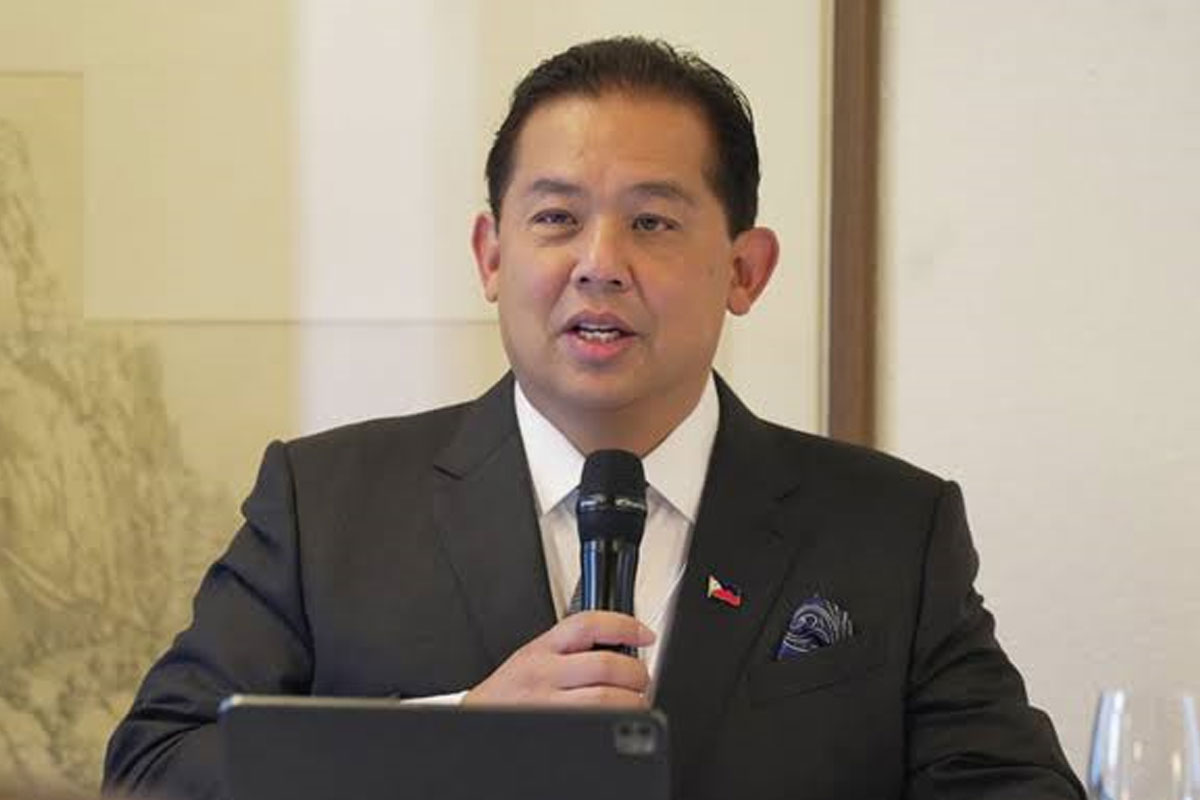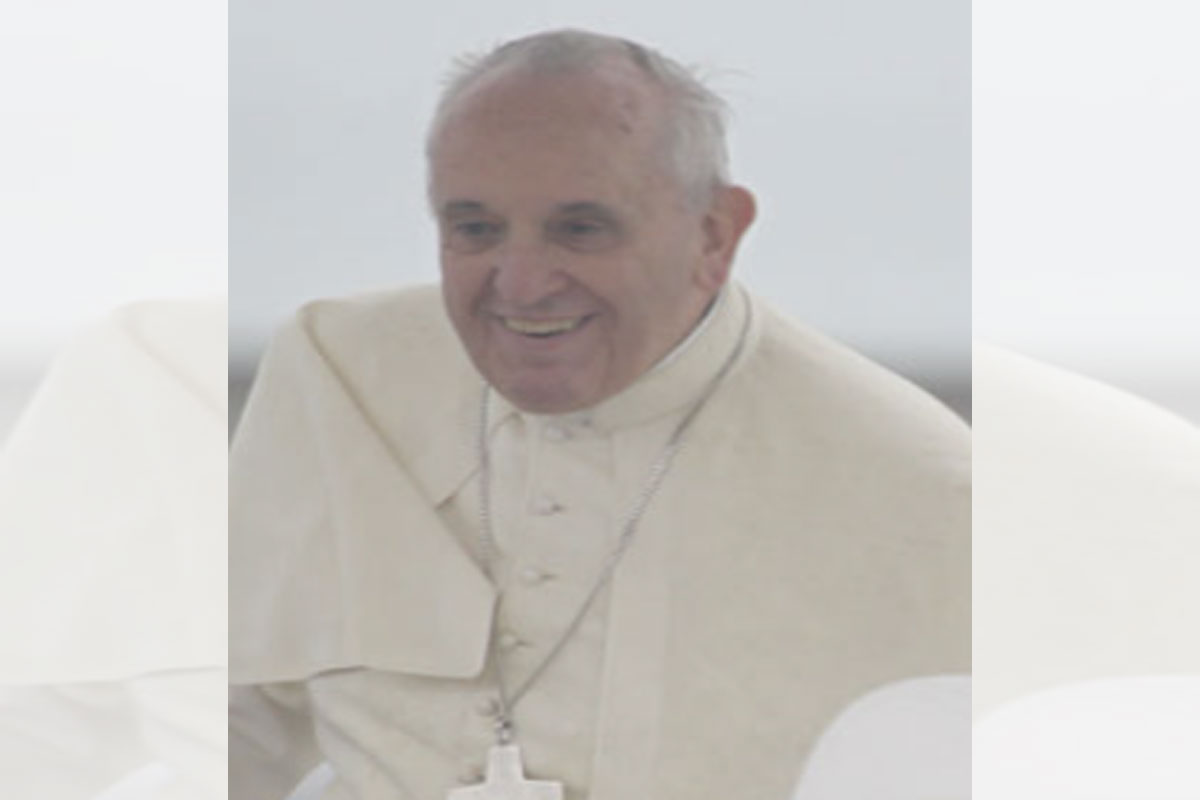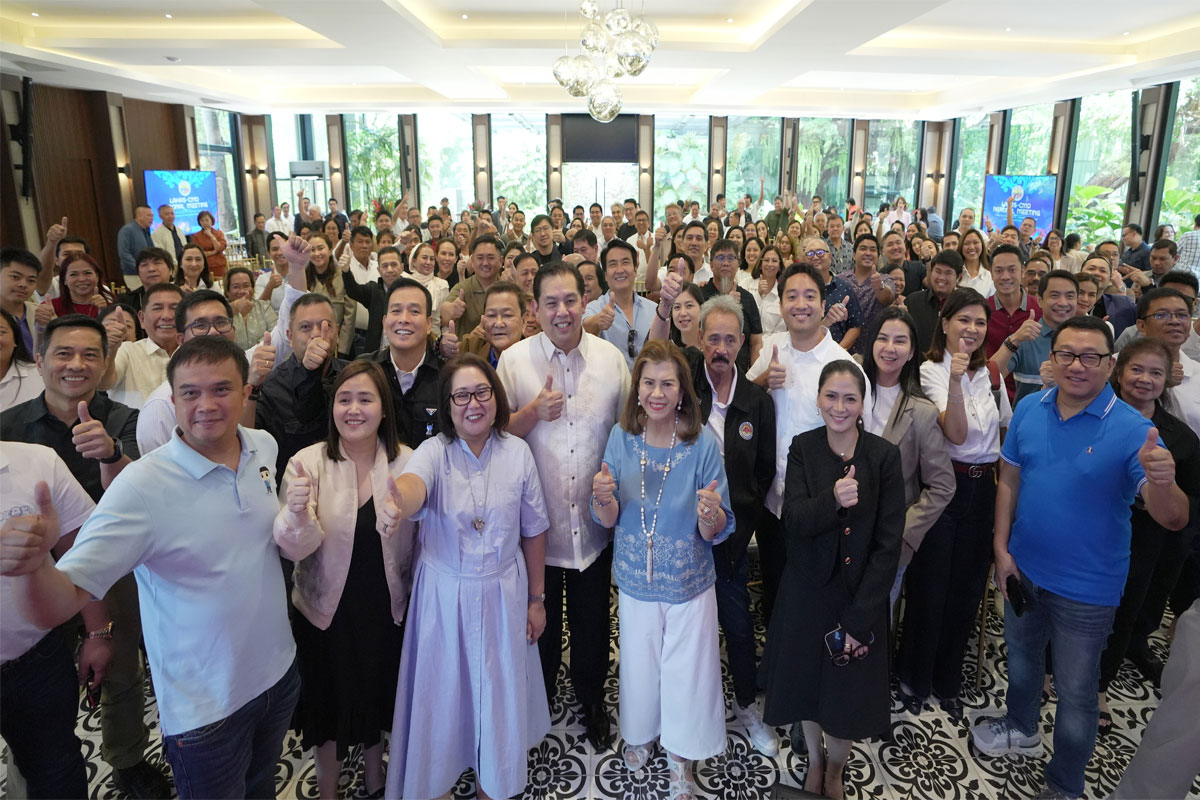
Pushing for more environment-friendly transport
THE government continues to recognize the adverse effects of climate change.
At the same time, it’s taking the necessary steps to alleviate global warming.
Global warming has proven to be destructive for the world including the Philippines where it wreaked havoc last year, taking away precious properties and lives.
Recently, President Ferdinand R. Marcos reiterated his administration’s commitment to make PH transportation more environment-friendly with high-tech cars on the road.
In his speech during the launch of Tesla’s Center in the Philippines, President Marcos underscored the importance of adopting policies and strategic measures to meet the government’s need for envisioned and concretized actions that provide practical, inclusive, and positive impact to Filipinos.
“Today, we mark another significant step in our fight against climate change. It is a step – a very significant step forward to our long-term transformation towards a more environment-friendly transportation system,” President Marcos said on Monday.
“The government understands that transitioning to electric vehicles is a complex journey, one that requires vision and a great deal of strong and committed concrete action to make it practical, inclusive, and impactful for every Filipino. And this is why we have adopted and pursued strategic measures that reflect our commitment to enhancing sustainable transportation while meeting the needs of our communities,” he added.
The Chief Executive emphasized that the Tax Reform for Acceleration and Inclusion or TRAIN Act removing the excise taxes on battery electric vehicles and the Electric Vehicle Industry Development Act or EVIDA offers duty-free importation for charging stations, lower user fees for EV owners, and prioritized registration and traffic privileges created more competitive, traditional options.
“Under the Tax Reform for Acceleration and Inclusion or TRAIN Act, excise taxes on battery electric vehicles have been removed, making these advanced technologies more competitive than other traditional options,” the President pointed out.
“The Electric Vehicle Industry Development Act or EVIDA offers duty-free importation for charging stations, lower user fees for EV owners, and prioritized registration and traffic privileges,” he added.
President Marcos also emphasized the additional measures that concretize the laws and strengthen the government’s commitment to clean energy.
These measures include Comprehensive Roadmap for the Electric Vehicle Industry (CREVI) which aims to achieve a fifty percent electric vehicles market share in the Philippines by 2040; and the issuance of Executive Order No. 62 which aims to reduce tariff rates to zero until 2028 on pure electric or hybrid four-wheel and motorcycle EVs.
Meanwhile, the President urged Tesla to manufacture electric vehicles (EVs) in the country as it moves towards adopting a sustainable development transport system through the reduction of carbon emissions.
President Marcos said more than helping environmental sustainability, Tesla is also empowering the local workforce.
“With plans to expand further, Tesla is building a generation of Filipinos equipped to lead in the global shift towards sustainable technologies such as this,” the President said, noting every hire represents an investment in the Filipino talent that drives transition forward.
“It is our fervent hope that Tesla might one day choose to manufacture its vehicles in the Philippines,” he said.
Highlighting the September inauguration of a state-of-the-art facility that produces advanced iron phosphate batteries essential to electric vehicles manufacturing, President Marcos expressed optimism that more companies will seize the opportunity to drive the sector in the coming years.
The President also underscored Tesla’s entry into the country, which he said would encourage local innovation and drive new investments in the EV sector.
**
For comments, please call or text 09569012811 or email [email protected]


